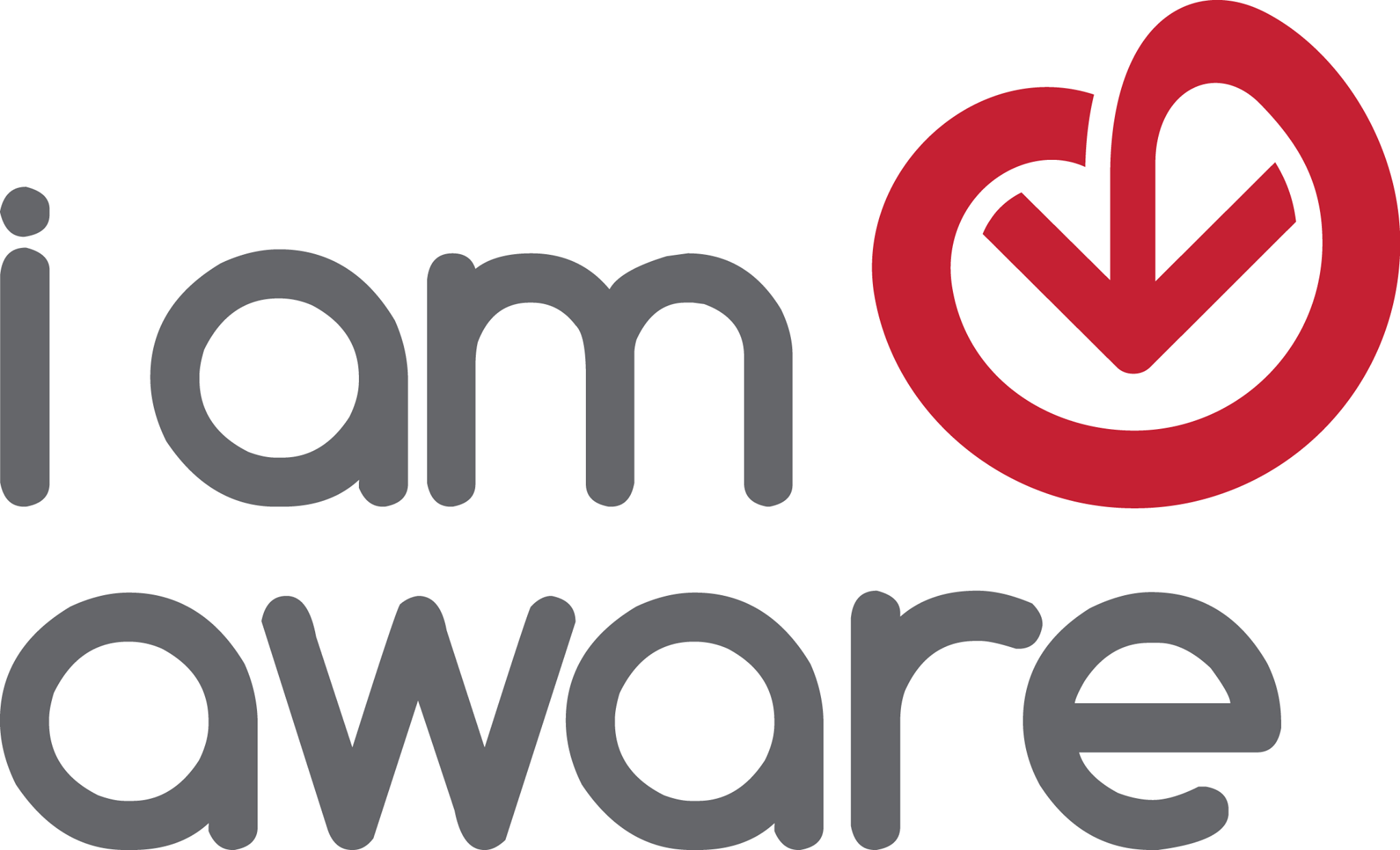Road Data
- Home
- Sectors
- Road Data
Why We Collect Data on Roads
The provision of, and access to good quality road infrastructure is key to promoting economic growth and development. The potential benefit of improved investment outcomes in the road sector is enormous: connecting a road from a village to a main road, improves market access and other economic and social service facilities. To be sure, a good road infrastructure provides opportunities for better returns on economic investment and human capital development by contributing to improving farming systems, incomes, and access to quality education and healthcare. By helping to promote economic and social development, road infrastructure plays an important role in reducing poverty.
Noting the significance of road infrastructure as a key public good that contributes to improving livelihoods, the delivery of good road infrastructure has become a priority for governments in Ghana and also citizens. However, in spite of government commitment and investments, the supply and quality of Ghana’s roads infrastructure remain inadequate and deplorable. Also across regions and districts, there exist very huge inequities in the supply of good road infrastructure.

Data collected and sources
Total road network spread across the ten (10) regions in Ghana
Kilometers of highways
The quality of toll roads
Urban and feeder roads in the region and districts (length, quality, engineering status, type of material used)
The number/ quality of cocoa funded road projects in the regions/districts
The road sector data is collected from the sector Ministry (the Ministry of Roads and Highways [MRH]) and other sector agencies that have supervisory responsibility for the sector. However, I AM AWARE also undertakes road monitoring exercise to collect and document baseline data on the state of selected major toll and cocoa roads in Ghana.














